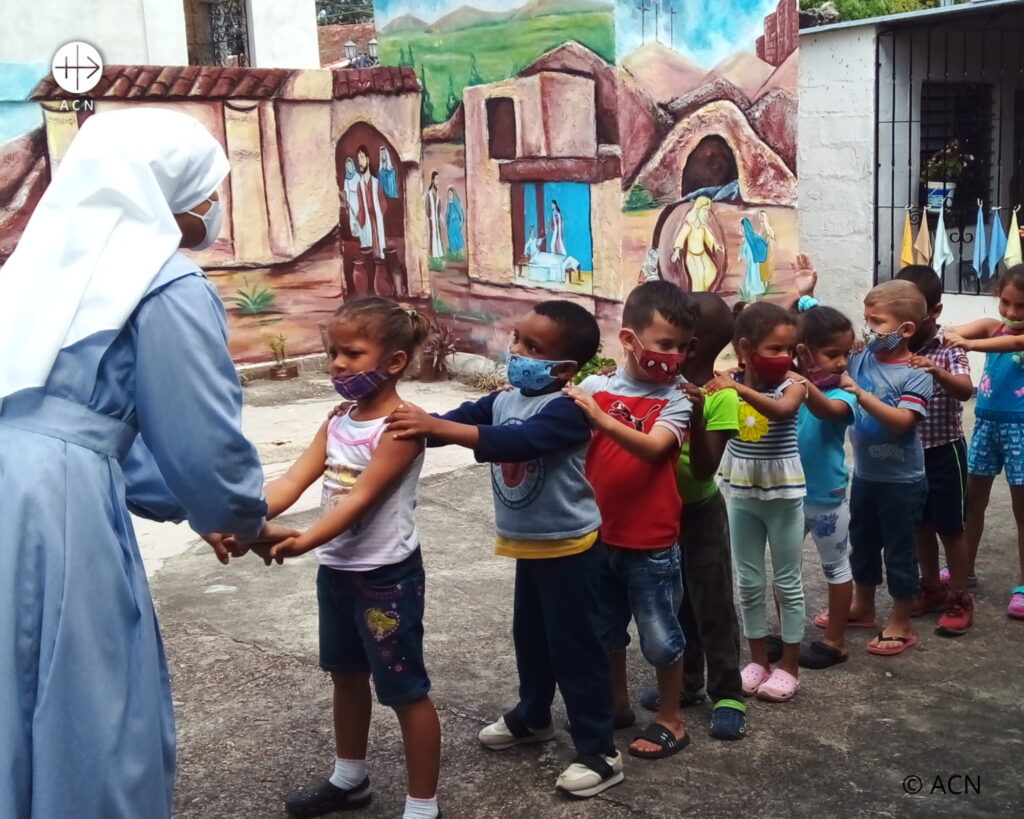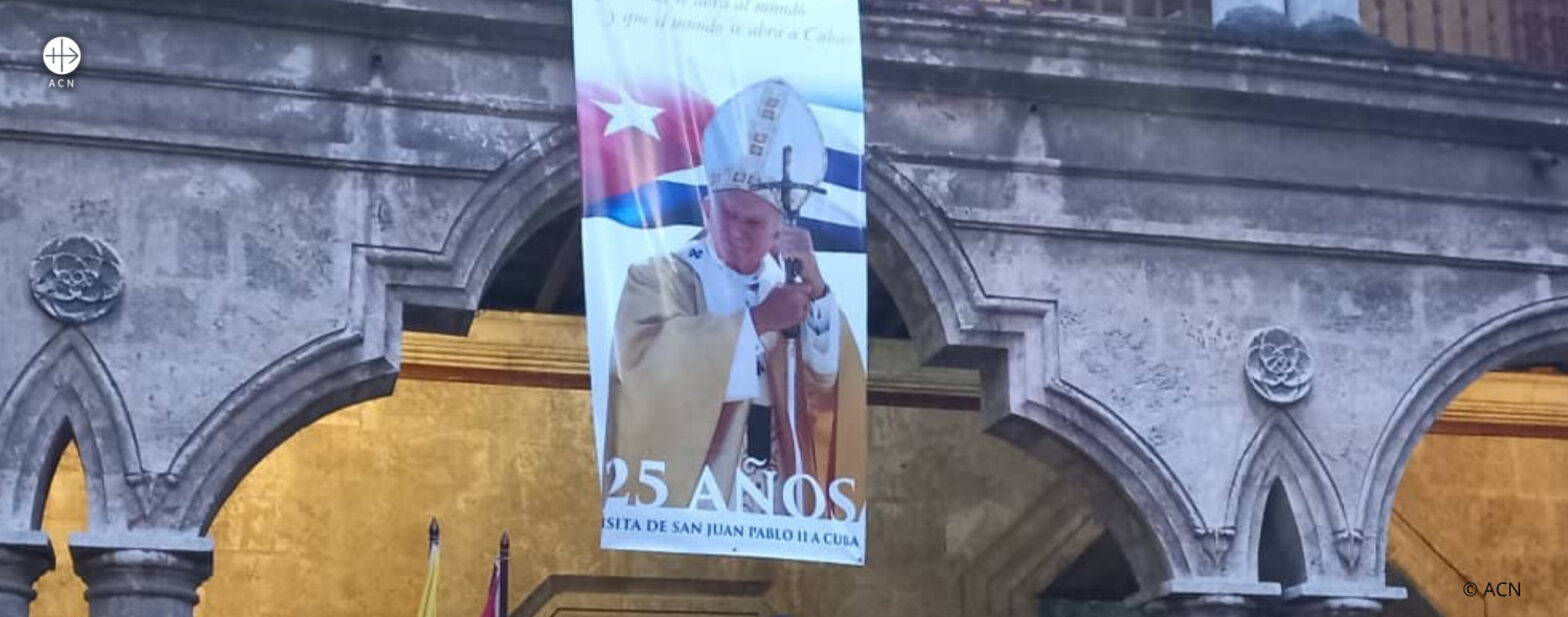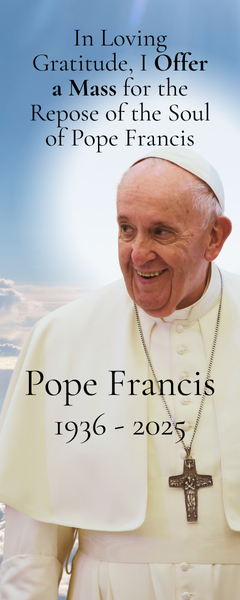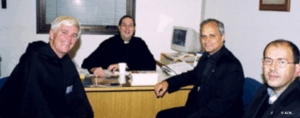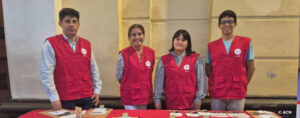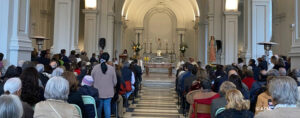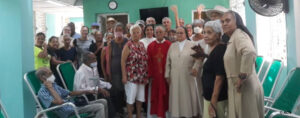Cardinal Beniamino Stella, Pope Francis’ envoy to the 25th anniversary celebration of Pope John Paul II’s visit to Cuba, has asked the regime to free activists who were detained in anti-government protests in July 2021.
On Friday, February 10, Cardinal Stella completed his tour of Cuba’s dioceses. The cardinal knows this country well, as he was apostolic nuncio to Cuba in January 1998, during the pope’s ground-breaking visit.
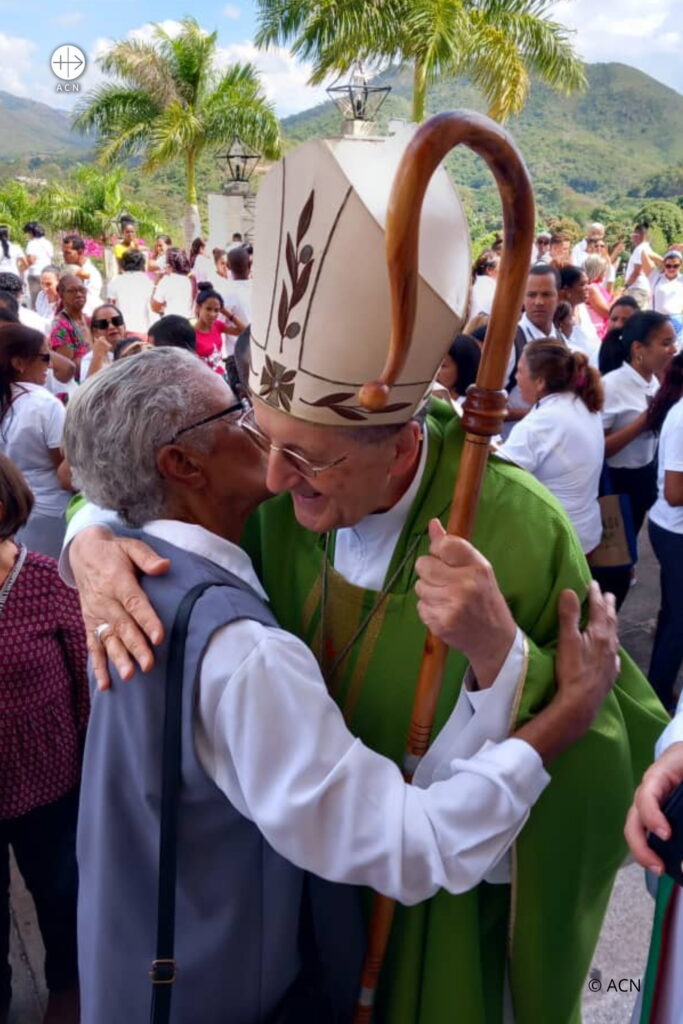
Precisely because he was a first-hand witness to that trip, Pope Francis asked that he represent him at the commemoration, which gathered faithful from all the country’s dioceses. The trip gave Cardinal Stella the opportunity to witness how important the Church’s work is to those most in need in society.
During the sermon at a Mass celebrated in the home for the elderly in Santovenia, the cardinal spoke of the “eloquent testimony” given by the religious and members of different religious congregations each day, “in their service to the most needy, to the sick, the elderly and the poor.”
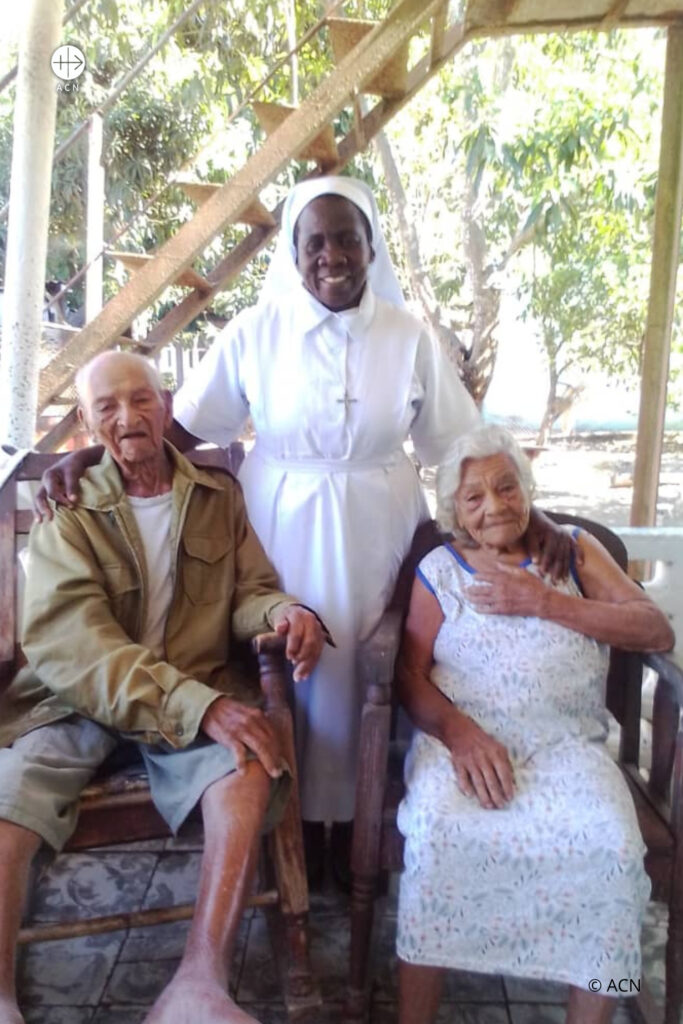
This, he said, is crucial work, carried out “amidst many and complex challenges,” which include “lack of food, goods and medicine,” adding that “this situation, which was made worse by the pandemic” and “other factors,” present a daily challenge to the “patience” and the “enthusiasm” of all those who have embraced the religious life and dedicate their service to the most vulnerable in society.
The importance of the Church’s mission in society and in its work towards reconciliation were two of the cardinal’s main messages during his 18-day visit to Cuba, and both figured prominently in his speech at the University of Havana on Wednesday, February 8, in the presence of Cuban president Miguel Díaz-Canel.
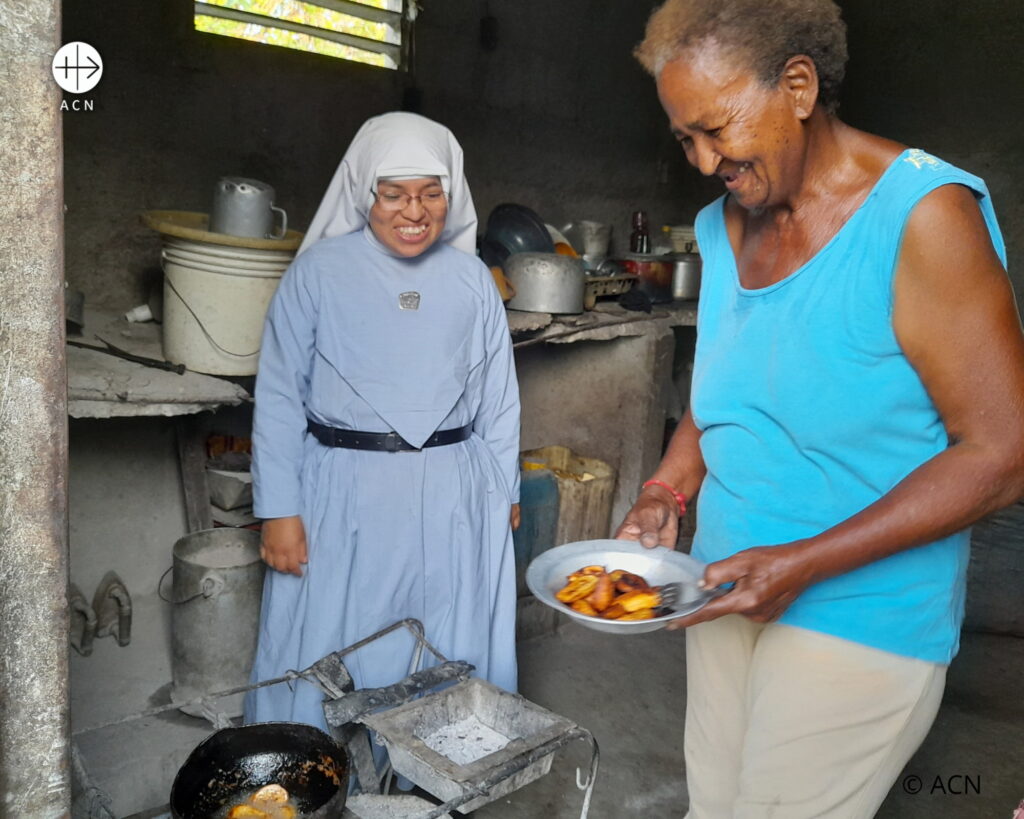
On that occasion, Cardinal Stella spoke of the need to promote “authentic reconciliation and fraternity” on the island, that will allow “the youth to fulfill their dreams and projects in Cuba” without “hate or fratricidal conflict.”
Pope Francis’ envoy to the commemoration of John Paul II’s trip also told the audience at the university about the importance of encouraging a “culture of encounter” that enables the “building of bridges over which we can travel in our search for the common good, for which we are all responsible.”
These sentiments were echoed in his words to journalists soon afterwards, while exiting the university, as he asked for the release of anti-government protestors – especially the younger ones – who were arrested in July 2021.
According to media reports, Cardinal Stella claimed that Pope Francis “expects a positive response” and that it “is important” that the young protestors “be allowed to return to their homes.”
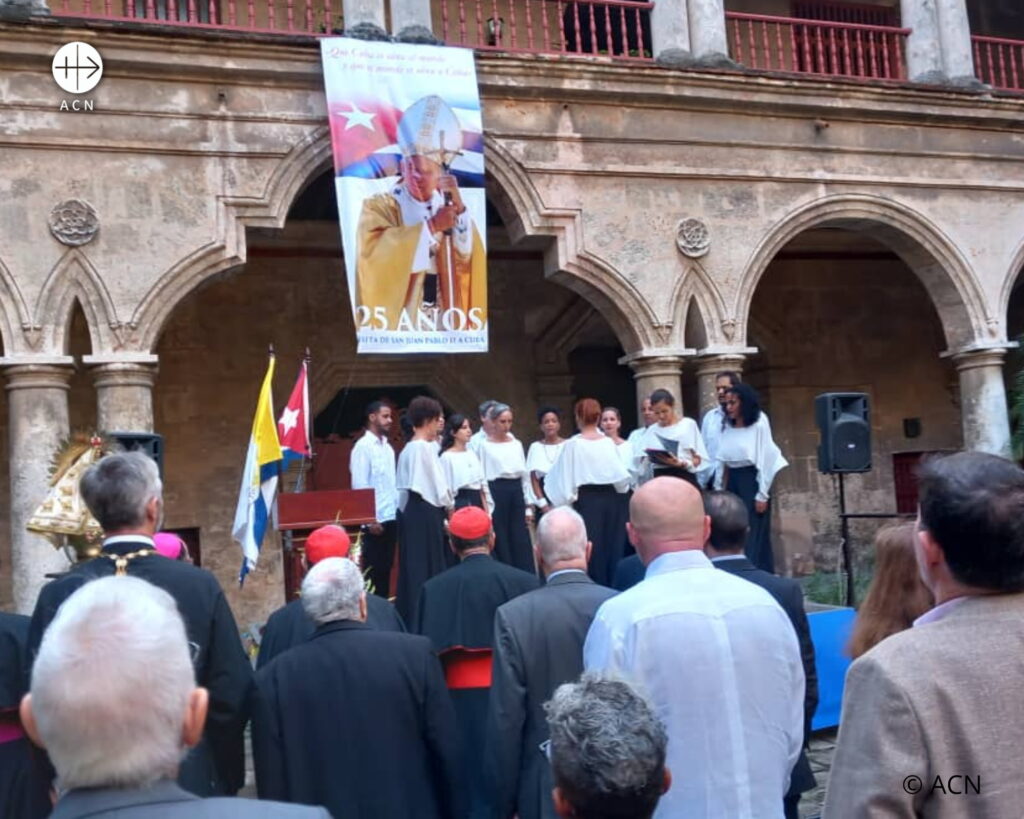
The papal envoy also explained that before travelling to Cuba, he had met with Pope Francis on January 7, and they had talked about this topic. “This issue is on the table,” he told journalists, adding that the freeing of the young people could be in the form of “an amnesty, or clemency,” though the exact terminology is secondary.
As the trip came to an end, Cuba’s Catholic bishops published a message, which was also sent to Pontifical Charity Aid to the Church in Need (ACN), in which they thanked Cardinal Stella for his “gestures of esteem for our people, and for the Church, and for his encouraging words to the poor and excluded.”
The bishops also thanked the envoy for the gift of a very special relic, a drop of Pope Saint John Paul II’s blood, which was received “with deep devotion” by the Christian community.
